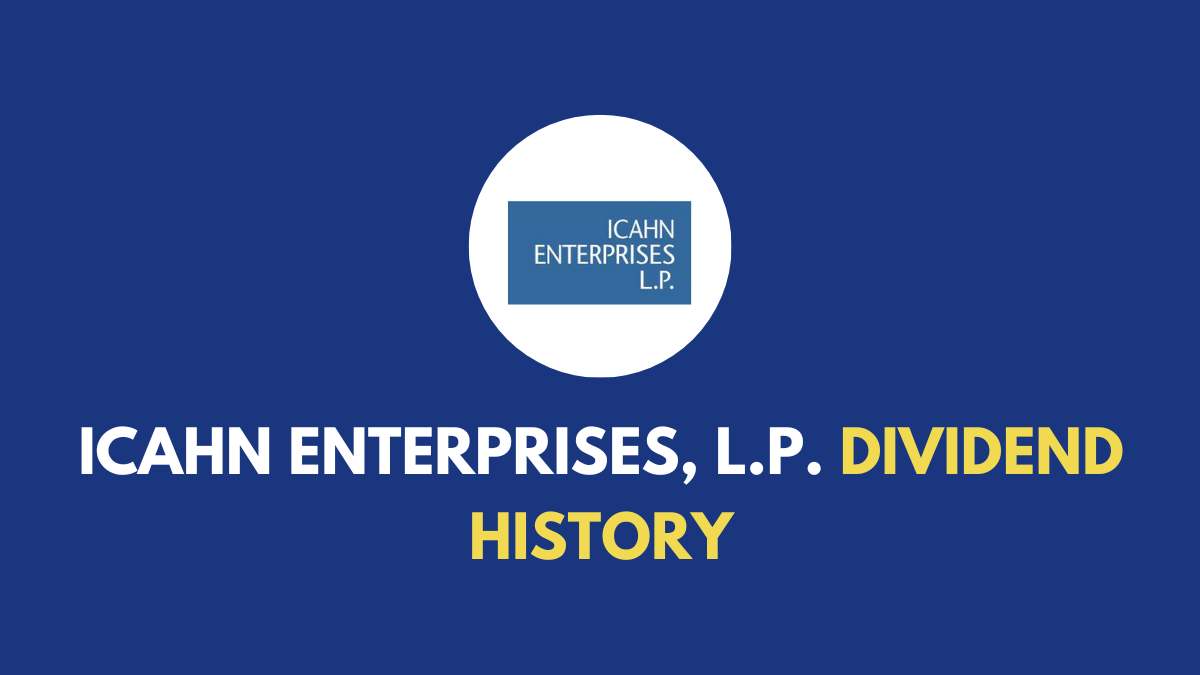Home>Finance>What Is The Interest Rate For Not Paying The Full Statement Balance At Citibank?


Finance
What Is The Interest Rate For Not Paying The Full Statement Balance At Citibank?
Published: March 2, 2024
Find out the interest rate for carrying a balance on your Citibank credit card statement. Understand the financial implications to manage your finances effectively.
(Many of the links in this article redirect to a specific reviewed product. Your purchase of these products through affiliate links helps to generate commission for LiveWell, at no extra cost. Learn more)
Table of Contents
**
Introduction
**
When it comes to managing credit card balances, understanding the associated interest rates is paramount. In the case of Citibank, the interest rate for not paying the full statement balance can significantly impact cardholders. This article delves into the intricacies of this interest rate, shedding light on its implications and providing insights into how it can be managed effectively.
Managing credit card balances is a crucial aspect of personal finance. Failing to pay the full statement balance can result in accruing interest charges, which can have long-term financial implications. Citibank, like many other financial institutions, applies an interest rate to outstanding balances, and comprehending the dynamics of this rate is essential for responsible financial management.
Throughout this article, we will explore the factors influencing the interest rate for not paying the full statement balance at Citibank. Additionally, we will discuss strategies to minimize interest charges and navigate this aspect of credit card management effectively. By gaining a comprehensive understanding of these elements, cardholders can make informed decisions and take proactive steps to manage their credit card balances responsibly.
**
Understanding the Interest Rate for Not Paying the Full Statement Balance
When a credit card holder does not pay the full statement balance by the due date, Citibank applies an interest rate to the remaining amount. This interest rate, often referred to as the Annual Percentage Rate (APR), determines the cost of carrying a balance on the credit card. It’s crucial to comprehend how this rate is calculated to grasp the financial implications of not paying the full statement balance.
The interest rate for unpaid balances is typically expressed as an annual percentage, but it is applied on a monthly basis. For instance, if the APR is 18%, the monthly interest rate would be approximately 1.5%. This means that for every dollar of the remaining balance, 1.5% of that amount is added to the next billing cycle’s statement as interest.
It’s important to note that the interest rate may vary based on the specific credit card and the cardholder’s creditworthiness. Citibank may offer different APRs for different cards, and individuals with higher credit scores may qualify for lower interest rates. Understanding the specific APR associated with a credit card is essential for making informed decisions regarding balance management.
Moreover, it’s crucial to differentiate between various types of balances, as the interest rate for not paying the full statement balance may differ from that of cash advances or balance transfers. These distinctions can impact the overall cost of maintaining a balance on the credit card and should be considered when devising a repayment strategy.
By comprehending the nuances of the interest rate for unpaid balances, cardholders can gain clarity on the financial repercussions of carrying a balance on their Citibank credit card. This understanding serves as a foundation for devising effective strategies to minimize interest charges and manage credit card balances responsibly.
**
Factors Affecting Interest Rates at Citibank
Several factors influence the interest rates applied to credit card balances at Citibank. Understanding these factors is essential for cardholders seeking to manage their finances prudently and minimize interest charges. The following are key determinants that can impact the interest rate for not paying the full statement balance:
- Credit Score: A cardholder’s credit score plays a pivotal role in determining the interest rate on their Citibank credit card. Individuals with higher credit scores are typically offered lower APRs, reflecting their creditworthiness. Conversely, those with lower scores may face higher interest rates, as they are perceived as higher lending risks.
- Card Type: The specific Citibank credit card held by an individual can also affect the interest rate. Different cards may come with varying APRs, and premium cards may offer more favorable rates compared to standard or secured cards.
- Market Conditions: External economic factors and market conditions can influence interest rates. Citibank may adjust its APRs in response to changes in the broader economic landscape, such as shifts in the federal funds rate or overall market trends.
- Payment History: A cardholder’s history of making timely payments can impact the interest rate on their Citibank credit card. Consistently paying the full statement balance on time can reflect positively on the individual’s creditworthiness and may lead to more favorable interest rates.
- Utilization Rate: The utilization rate, which refers to the percentage of available credit being used, can also affect interest rates. High utilization may signal financial strain and could result in higher APRs, while maintaining a lower utilization rate may contribute to more favorable rates.
By taking these factors into account, cardholders can gain insights into the dynamics of interest rate determination at Citibank. Additionally, being mindful of these influences enables individuals to make informed decisions regarding their credit card usage and adopt strategies to mitigate interest charges effectively.
**
How to Minimize Interest Charges
Minimizing interest charges on a Citibank credit card requires a proactive approach to balance management. By implementing the following strategies, cardholders can mitigate the impact of the interest rate for not paying the full statement balance:
- Pay the Full Statement Balance: The most effective way to avoid interest charges is to pay the full statement balance by the due date. By doing so, cardholders can circumvent the accrual of interest on the carried balance.
- Utilize Introductory APR Offers: Citibank may offer introductory periods with lower or 0% APRs for new cardholders or specific transactions, such as balance transfers or purchases. Leveraging these promotional offers can provide temporary relief from interest charges.
- Strategically Allocate Payments: When carrying a balance, allocating additional payments towards the highest-interest portion of the balance can help reduce overall interest charges over time. Prioritizing payments in this manner can expedite the reduction of costly interest.
- Consider Balance Transfers: For individuals facing high APRs on existing credit card balances, transferring the debt to a Citibank card with a lower promotional APR can be a viable option. However, it’s essential to assess associated transfer fees and the long-term APR after the promotional period.
- Monitor Credit Utilization: Maintaining a healthy credit utilization ratio, ideally below 30% of available credit, can positively influence creditworthiness and potentially lead to more favorable interest rates.
- Negotiate with Citibank: In some cases, cardholders may have the opportunity to negotiate for lower interest rates with Citibank. This can be particularly relevant for individuals with a strong payment history and improved financial circumstances.
By embracing these strategies, cardholders can take proactive steps to minimize interest charges and navigate their Citibank credit card balances more effectively. It’s important to approach credit card management with a keen awareness of the interest rate dynamics and leverage these insights to make informed financial decisions.
**
Conclusion
Navigating the interest rate for not paying the full statement balance at Citibank necessitates a comprehensive understanding of the associated dynamics and implications. By delving into the factors influencing interest rates, cardholders can gain insights into the variables that shape the cost of carrying a balance on their credit card. From credit scores and payment history to market conditions and utilization rates, these factors interplay to determine the APR applied to outstanding balances.
Furthermore, proactive strategies can be employed to minimize interest charges and optimize balance management. Paying the full statement balance, leveraging introductory APR offers, and strategically allocating payments are among the tactics that can help mitigate the impact of interest rates on Citibank credit cards. Additionally, monitoring credit utilization and exploring options such as balance transfers or negotiation with the bank can contribute to a more favorable financial outlook.
By embracing a proactive and informed approach to credit card management, individuals can navigate the complexities of interest rates and make prudent decisions to minimize the long-term financial implications of carrying balances on their Citibank credit cards. With a keen awareness of the factors at play and a strategic utilization of available options, cardholders can effectively manage their credit card balances and work towards financial stability.
Ultimately, the ability to minimize interest charges and manage credit card balances responsibly empowers individuals to take control of their financial well-being and cultivate a positive relationship with credit. By leveraging the insights and strategies outlined in this article, cardholders can navigate the realm of interest rates with confidence and make informed decisions that align with their financial goals.














